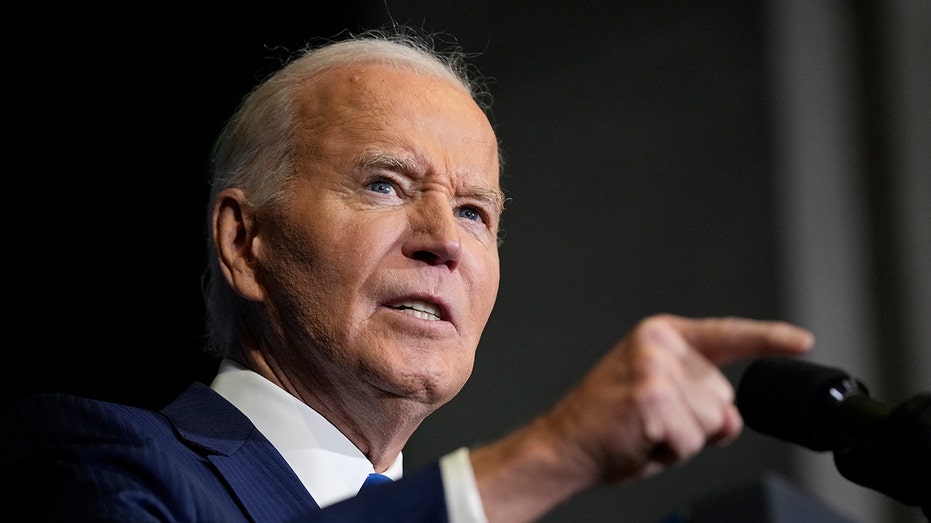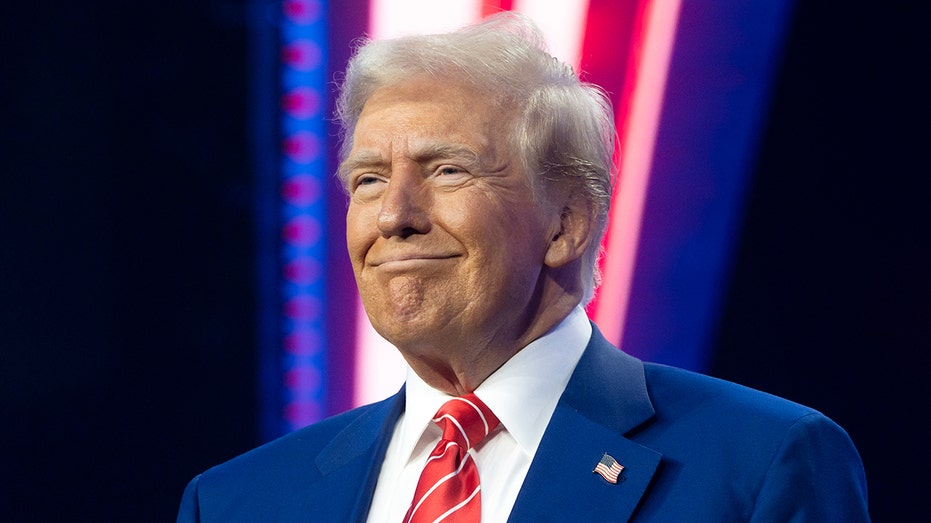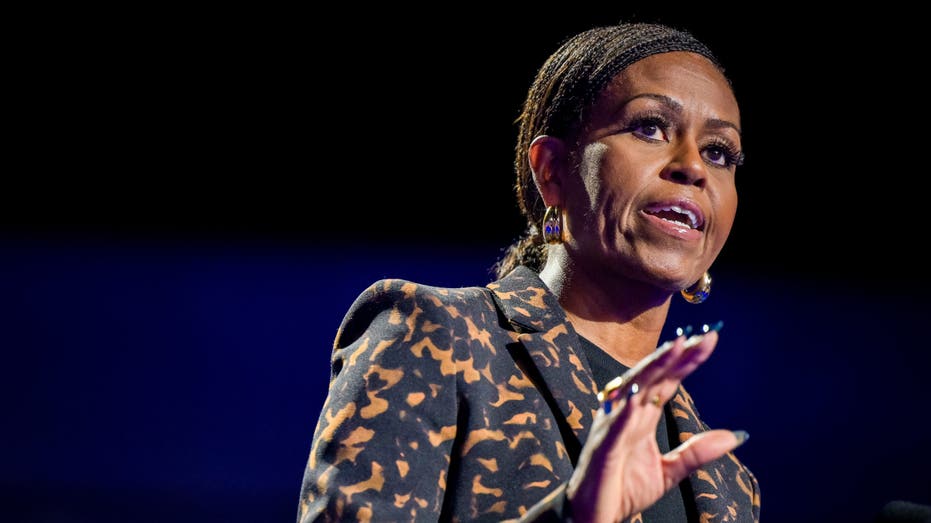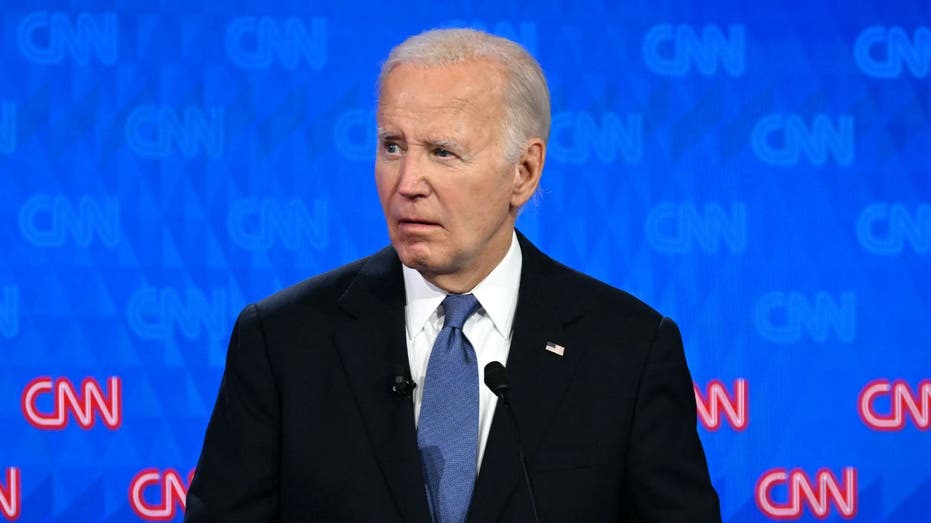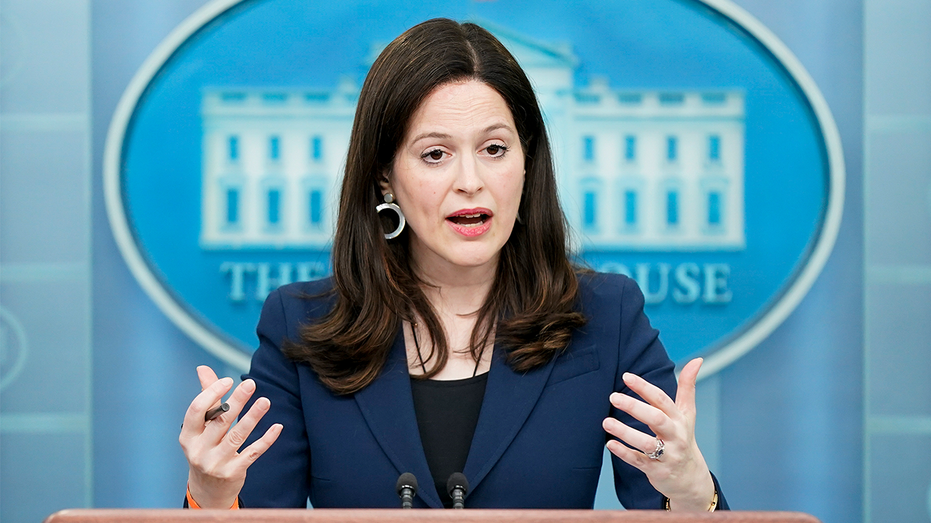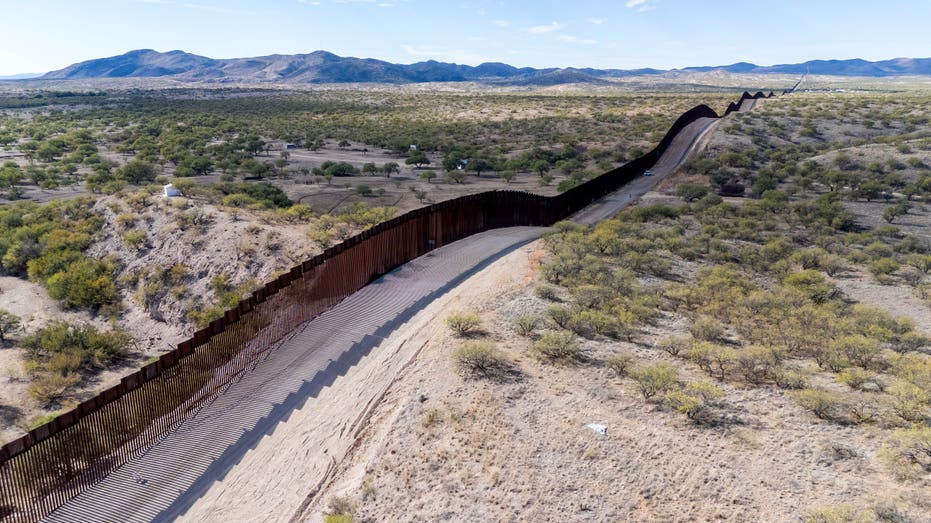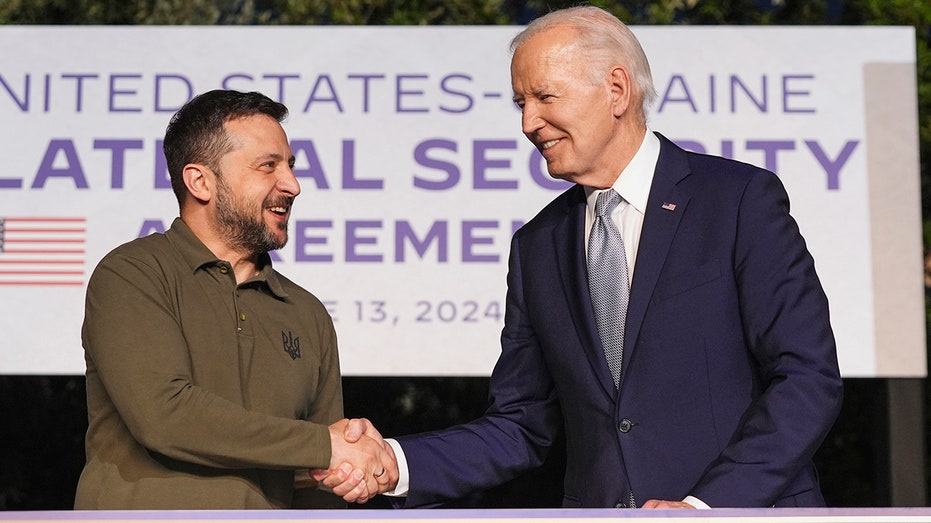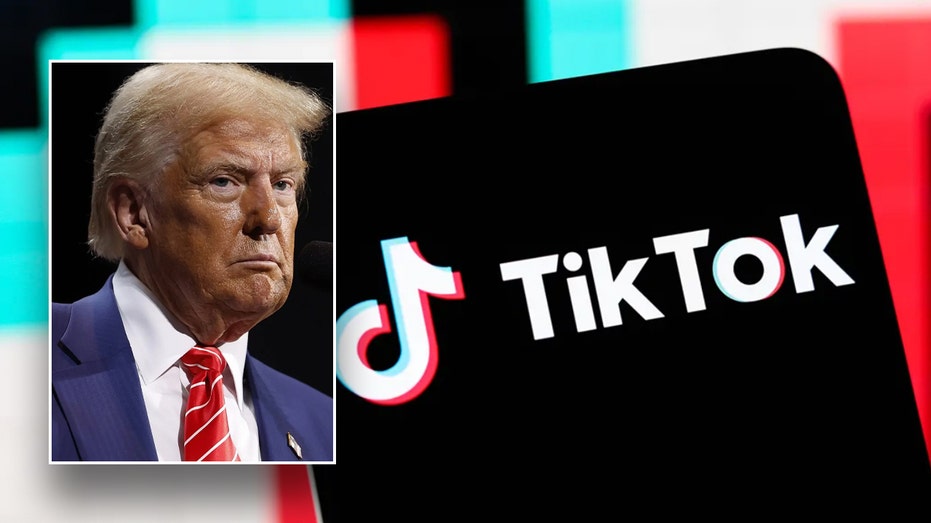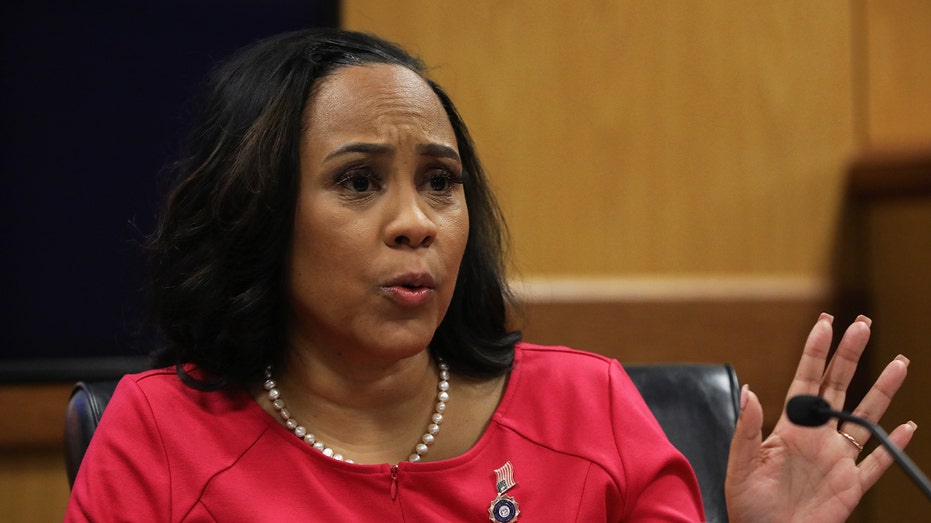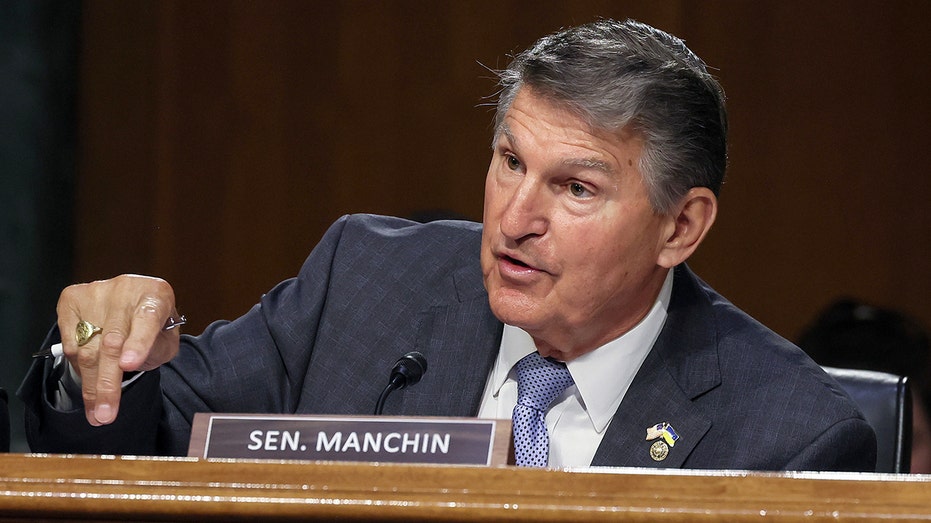European officials pitch new idea to shore up defenses with Trump's return
As NATO member states struggle to meet their defense spending goals and war rages on Europe's eastern front, officials are struggling to agree on a plan to shore up hundreds of billions of dollars to bolster defenses.
Eight NATO countries did not meet their 2% target for defense spending in 2024. And as many member states struggle with chronically stressed budgets, calls to meet those goals are not being heeded quickly.
The European Commission estimates about 500 billion euros, the equivalent of $524 billion in investments, are needed in the coming decade to defend Europe against evolving threats.
The EU's budget cannot be used to fund defense directly, and some European officials and NATO experts are proposing a global defense bank to dole out funds for military modernization.
A defense, security and resilience (DSR) bank would issue bonds backed by AAA ratings for financially strapped countries to upgrade their defenses and would provide guarantees for commercial banks to offer credit to defense suppliers.
"This is not a substitute to raising defense spending in each of these countries. I think it should be a supplemental tool," Giedrimas Jeglinskas, chairman of the national security committee in the Lithuanian parliament and a former NATO official, told Fox News Digital.
His remarks echo those of incoming President Trump, who has long threatened to pull the U.S. out of NATO due to the number of nations missing the mark on the 2% goal for defense spending.
"I think we have to look at it also as an opportunity for the U.S. as well," Jeglinskas added. "I understand the skepticism by Donald Trump of the World Bank and then the IMF [International Monetary Fund] and IFC [International Finance Corporation] and other institutions. I think there's been a lot of capital deployed and a lot of investments that these banks or institutions do. The real impact is, at best, questionable. So, I think we have to have very clear KPIs [key performance indicators]. We need to build defense."
The United States' $824 billion defense budget in 2023 equaled half of total defense spending by all NATO member states combined at $1.47 trillion.
PUTIN SAYS RUSSIA READY TO COMPROMISE WITH TRUMP ON UKRAINE WAR
The return of Trump to the White House, coupled with a U.S. push to refocus on China, has left Europeans wondering whether the U.S. will have less of an appetite to defend Europe in years to come.
More EU defense chiefs and foreign ministers have pitched the idea of issuing joint debt through bonds to finance military projects.
But some countries like Germany have voiced concerns about maintaining their own sovereignty and a disproportionate financial burden on some countries.
The DSR bank idea is explained at length in a new Atlantic Council report by defense fellow Rob Murray.
"For allies across both the Euro-Atlantic and Indo-Pacific regions, the bank could go beyond offering low-interest loans for defense modernization to facilitating equipment leasing, currency hedging, and supporting critical infrastructure and rebuilding efforts in conflict zones like Ukraine," Murray wrote.
"An additional critical function of the DSR bank would be to underwrite the risk for commercial banks, enabling them to extend financing to defense companies across the supply chain."
The goal would be to offer financing to small and medium-sized defense companies that often struggle with access to funds.
"By providing loans with extended maturities, the bank would offer predictable and sustainable funding for defence modernisation. Its governance structures would align funding with collective security goals, such as upgrading arsenals and investing in emerging technologies," Jeglinskas wrote in a recent op-ed for the Financial Times.
Asked how the DSR bank would get countries to agree on defense funding priorities, Jeglinskas likened the idea to the U.K.-led Joint Expeditionary Force, a military alliance that includes Denmark, Estonia, Finland, Iceland, Latvia, Lithuania, the Netherlands, Norway and Sweden.
Jeglinskas noted the 33 trillion euros in European assets under management across the continent.
"There's really no political will, no risk appetite to move them anywhere besides the kind of bond markets where they rest now," he said. "But several nations need to build that initial capital, and then, by using the sovereign rating to get to hopefully AAA in capital markets, raise that money from bond markets and to start funding defense programs."
The European Investment Bank has doled out long-term loans and guarantees to European nations' projects that align with EU policy goals.
"But even they are struggling with kind of shifting their mandate towards more dual-use technologies is still not allowed in their funding package," said Jeglinskas.
"Of course, every other bank in Europe is looking at EIB for their signals. That signaling hasn't been there yet. So, that's the point. We need to create some sort of mechanism, and that kind of global defense bank would be one of the tools that we could use to rally the capital and really direct it toward defense. So, it's really creating another multilateral lending institution."



